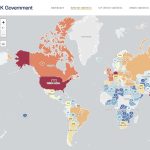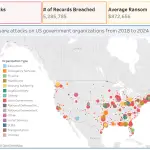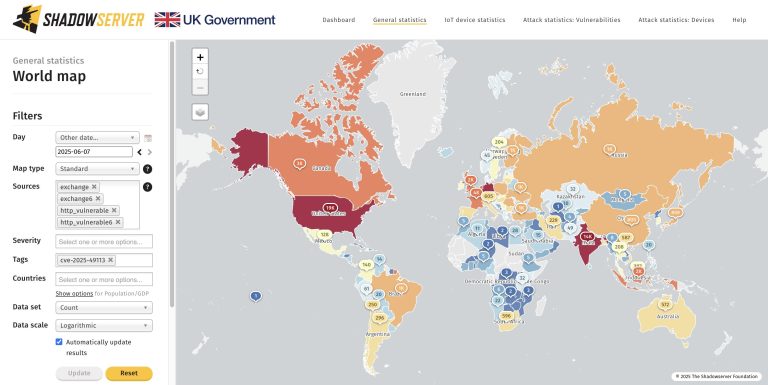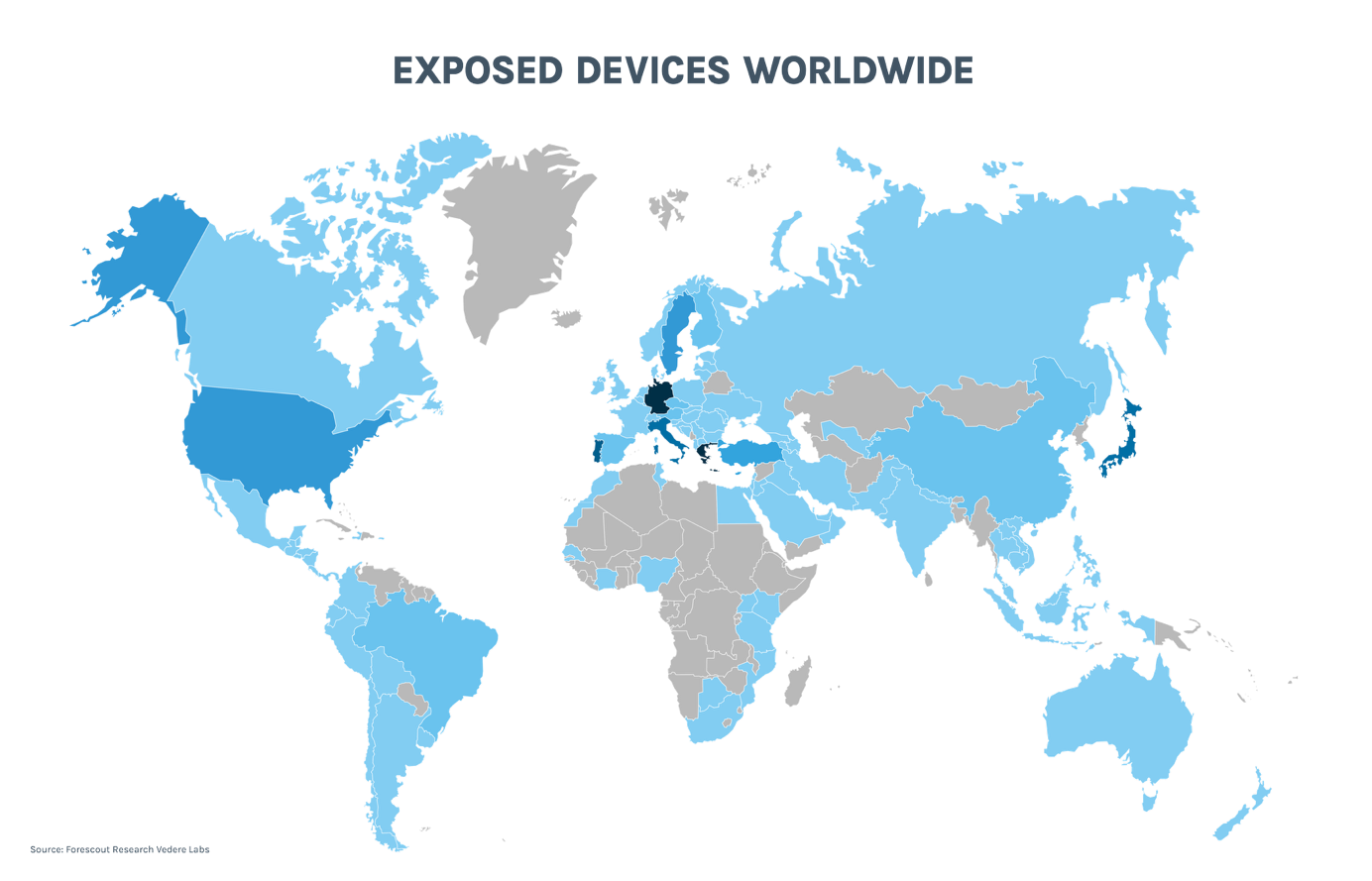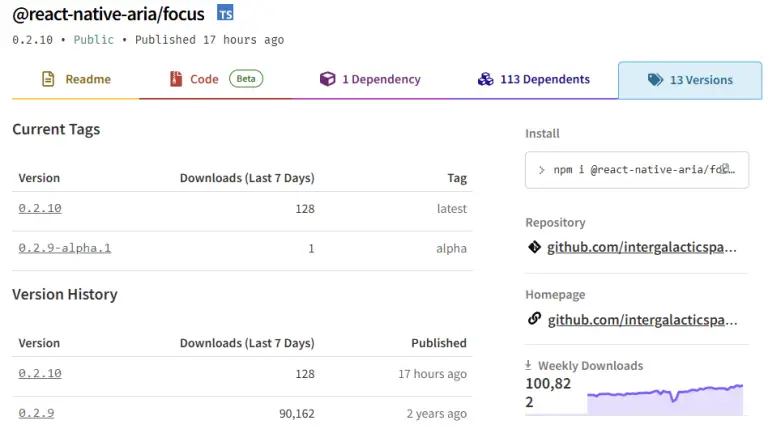A far-reaching espionage campaign targeting the American cybersecurity firm SentinelOne has been revealed as merely one chapter...
The critical vulnerability CVE-2025-49113 in Roundcube—one of the world’s most widely adopted open-source webmail platforms—has been found...
A vulnerability in an outdated version of Google’s username recovery form allowed malicious actors to deduce a...
Following the April 2025 Windows security updates, users began to notice a curious anomaly — an empty...
Two malicious packages were recently discovered within the widely used JavaScript package registry, npm. Beneath their seemingly...
An increasing number of cybercriminals are shifting toward the use of so-called residential proxy networks, transforming ordinary...
As solar panels steadily become a fixture of daily life—enhancing energy resilience and reducing our carbon footprint—their...
During WWDC 2025, while Apple emphasized significant advancements in its “Apple Intelligence” services and introduced the opening...
After months of mounting tension within the WordPress community—marked by lawsuits and accusations of authoritarian control—the Linux...
In tandem with the release of iPadOS 26, Apple has revealed forthcoming enhancements for the AirPods 4,...
Unveiled as the final highlight of Apple’s latest software announcements, iPadOS 26 embraces the Liquid Glass design...
Apple has officially confirmed that the latest macOS iteration—macOS 26—is named after the scenic Lake Tahoe in...
In the watchOS 26 update, Apple has embraced the new Liquid Glass design language across the interface...
A large-scale supply chain attack has been identified on the NPM platform: threat actors compromised 17 widely...





